event
Thu
17
Oct
>
Thu
17
Oct
Techno/seen: on the technological apparatus and its images
Symposium with Franziska Kunze, Michael Reisch, Spiros Hadjidjanos, Emmanuel Van Der Auwera, Susan Morris, Jeff Weber, Mona Hedayati
read on
event
Fri
18
Oct
>
Sun
27
Oct
Moving the Photogram
ARTICULATE. Exhibition with work by Francesco Del Conte, Marta Djourina, Sascha Herrmann, Berit Schneidereit, Dries Segers, Sophie Thun, Sine Van Menxel, Marianne Vierø and Jeff Weber
read on
event
Fri
22
Sep
>
Sat
07
Oct
Exhibition - Hydromedia. Seeing with water
Group show at Stormkop, taking the aquatic ecosystem of the Scheldt Estuary as a starting point. With works by Mirja Busch, Jarek Lustych, Sascha Herrmann and Tim Theo Deceuninck.
read on
event
Sat
23
Sep
>
Sat
23
Sep
Workshops - Hydromedia
Within the framework of the 'Hydromedia' exhibition at Stormkop, three of the participating artists invite you to participate in a workshop: try out experimental photographic processes, go puddle watching, or learn to record the sound of water.
read onarticle
HYDROMEDIA: Seeing with Water
Some impressions of ‘HYDROMEDIA: Seeing with Water’, a two-day programme on the development of new, experimental and easy-to-use artistic protocols to visualise and narrate the climate crisis.
read on
event
Mon
03
Apr
>
Tue
04
Apr
Hydromedia: Seeing with Water - public programme
On visualising and narrating the climate crisis - - - Two-day programme with an open studio by Dries Segers, lectures by Boaz Levin, Arjen Mulder and Laure Winants, and an Ecological Safari at Stormkop.
read onresearch
Hydromedia
To address the climate crisis, we desperately need new methods for imagining the relationship between human and nature. 'Hydromedia' invites artists to develop easy-to-use protocols based on the photographic principle of direct tracing through physical contact.
read on
event
Wed
01
Mar
>
Thu
02
Mar
Little Fables of Practice: two-day writing-workshop by Sina Seifee
Two-day workshop for 3BA and MA students of the Academy, especially for those who are interested in writing and storytelling!
read on
event
Thu
09
Mar
>
Thu
09
Mar
One-day exhibition trip to Bonn and Düsseldorf
For all students and researchers of the Academy!
read on
event
Tue
29
Nov
>
Tue
29
Nov
Soup Session: Dries Segers and Sanne Vaassen
During the Soup Sessions, researchers, students and teachers gather around soup to discuss artistic research. On Tuesday 29 November, research group Thinking Tools presents a talk between Dries Segers and Sanne Vaassen.
read on
event
Tue
06
Dec
>
Tue
06
Dec
Sina Seifee - Lecture-performance and studio visit
For master students who are developing an artistic research practice and are interested in writing and storytelling.
read on
event
Thu
26
May
>
Sun
29
May
like, now - Berit Schneidereit
This solo presentation marks the first step in Berit Schneidereit´s research project ‘continuous space / flying minds’ at the Royal Academy of Fine Arts Antwerp.
read on
event
Thu
13
May
>
Fri
21
May
Photo/Space. Pieter Huybrechts
In his research project 'Photo/Space', Pieter Huybrechts challenges the conventional exhibition logic of photographic images by revealing and exploring new possibilities.
read onPublications
-
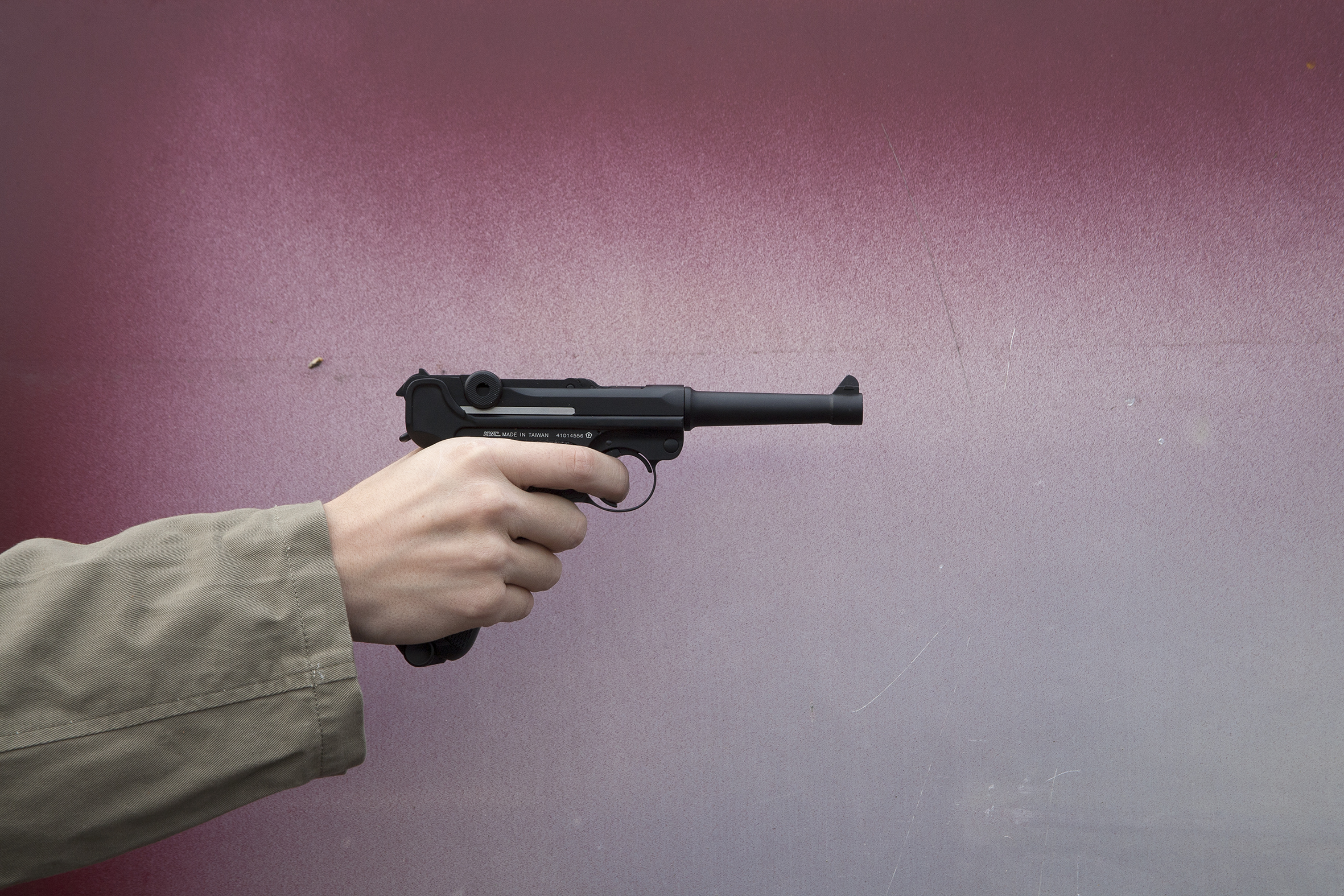
Charlotte Lybeer - Linus' Blanket
-
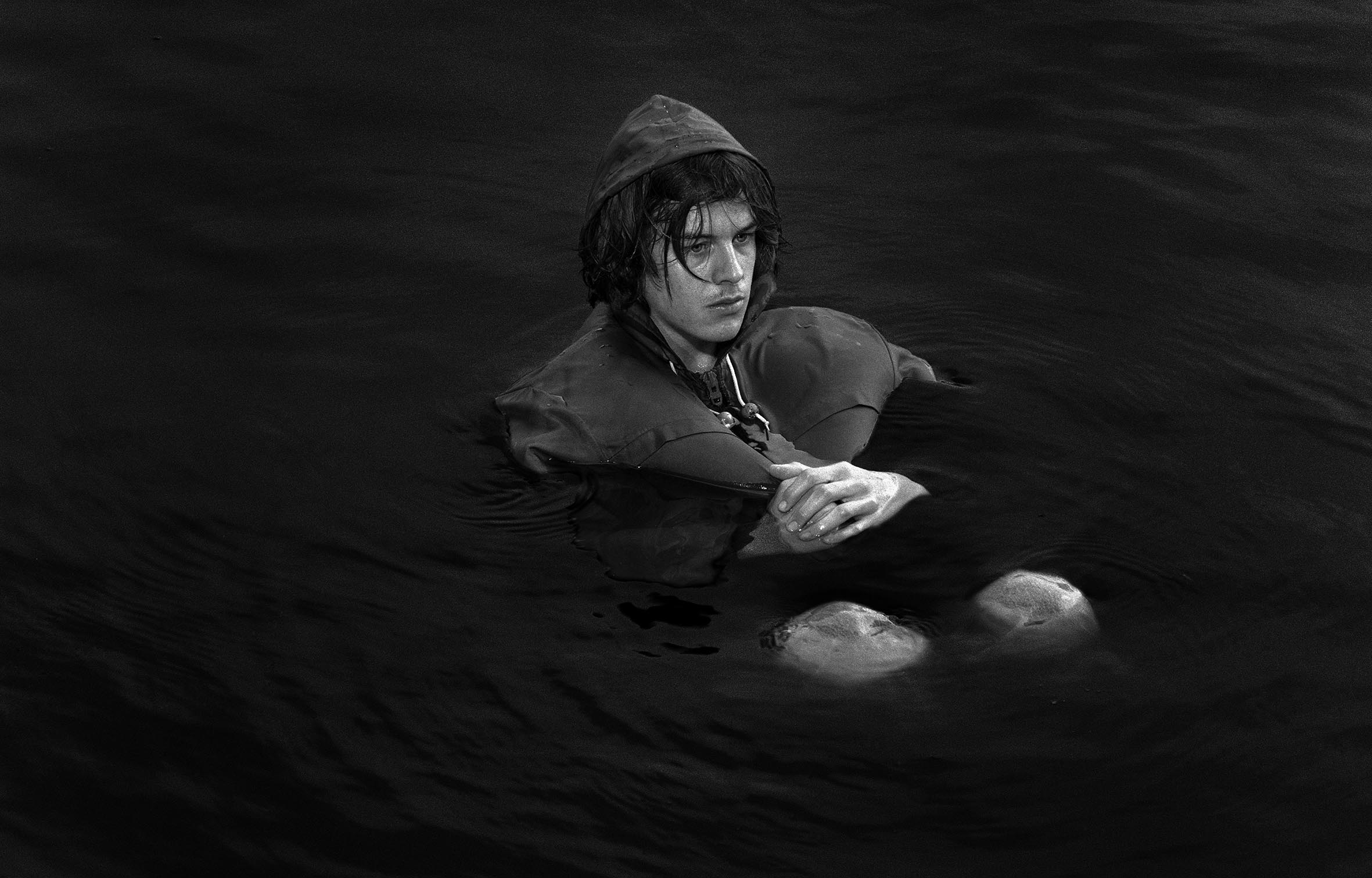
Geert Goiris - World Without Us
-
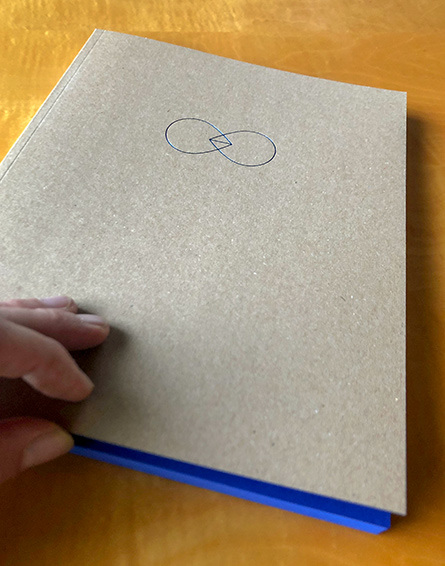
'Getijdenboek / Book of Tides', door Wim Wauman
-
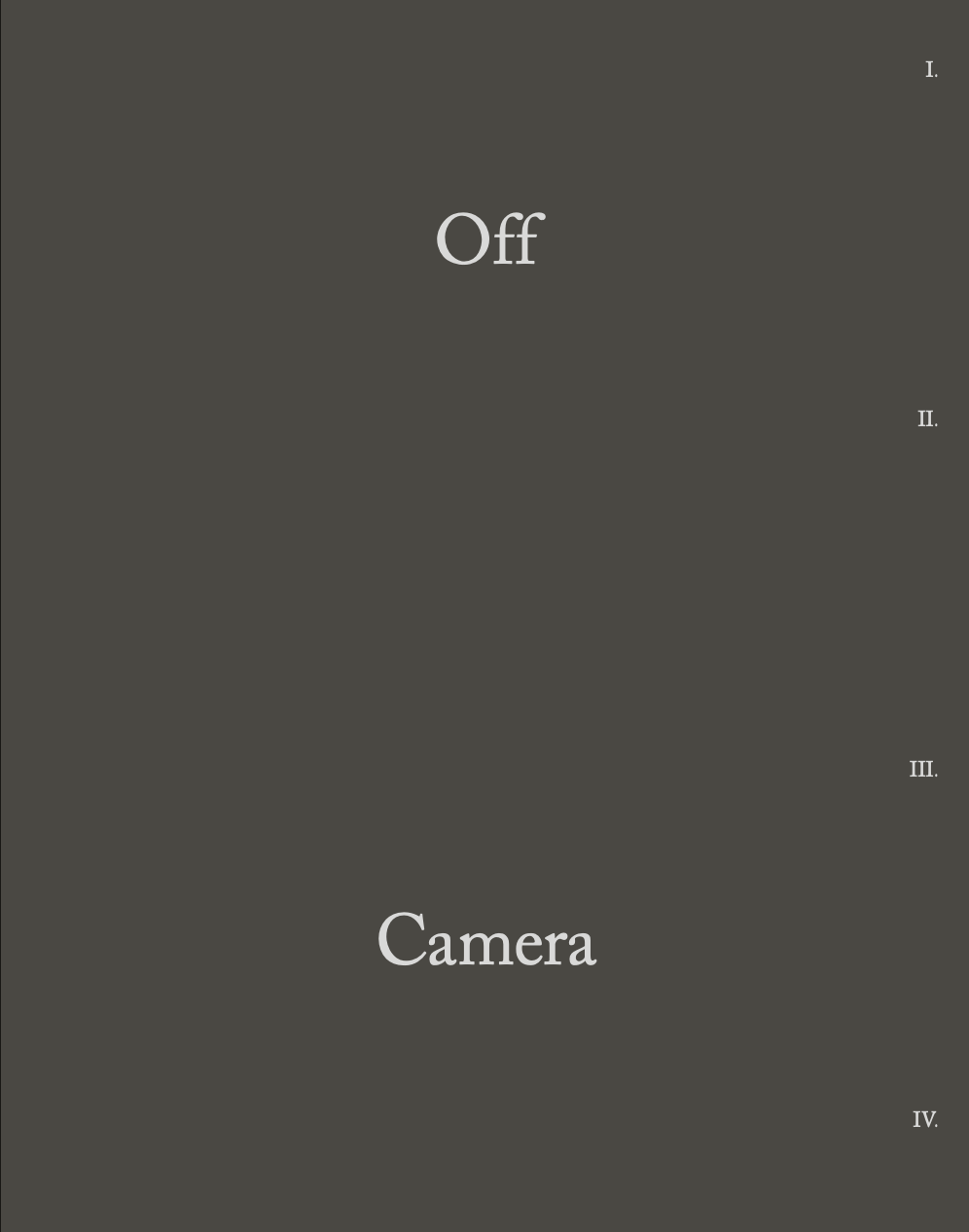
Off Camera
-
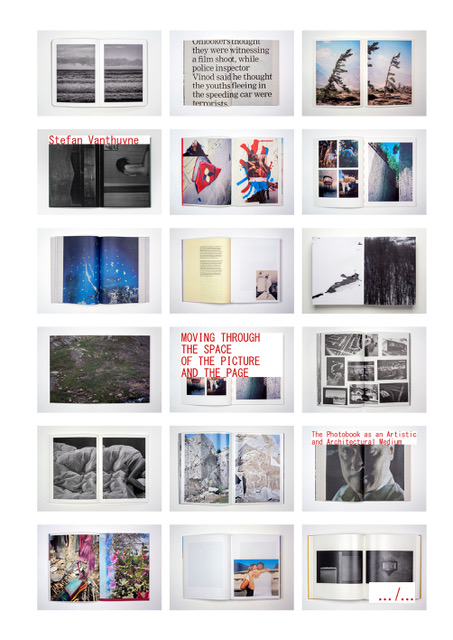
Moving through the Space of the Picture and the Page. Stefan Vanthuyne
-

An Out-of-Focus Scan, part 2. Anton Cotteleer
-
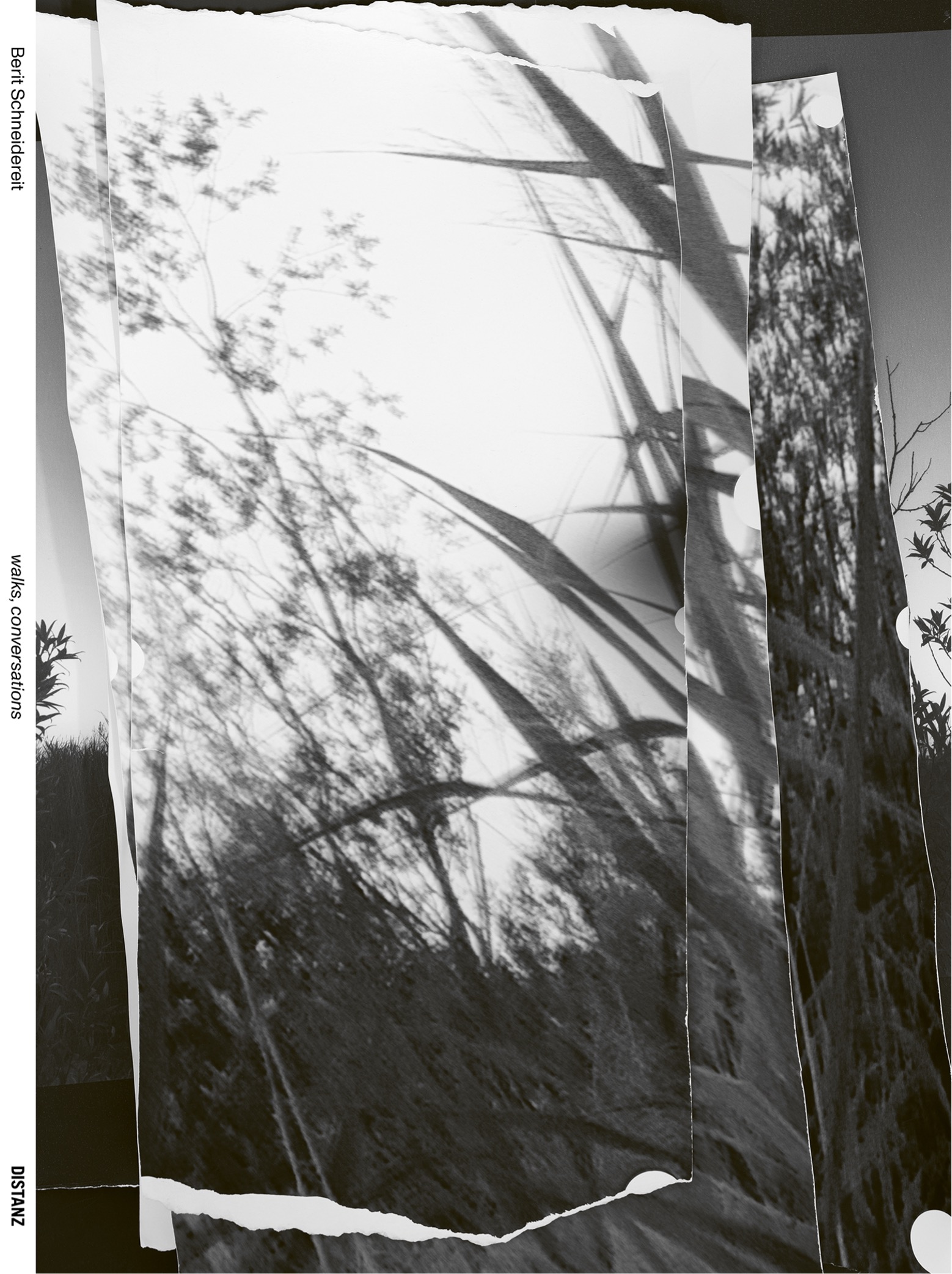
'walks, conversations' by Berit Schneidereit
-
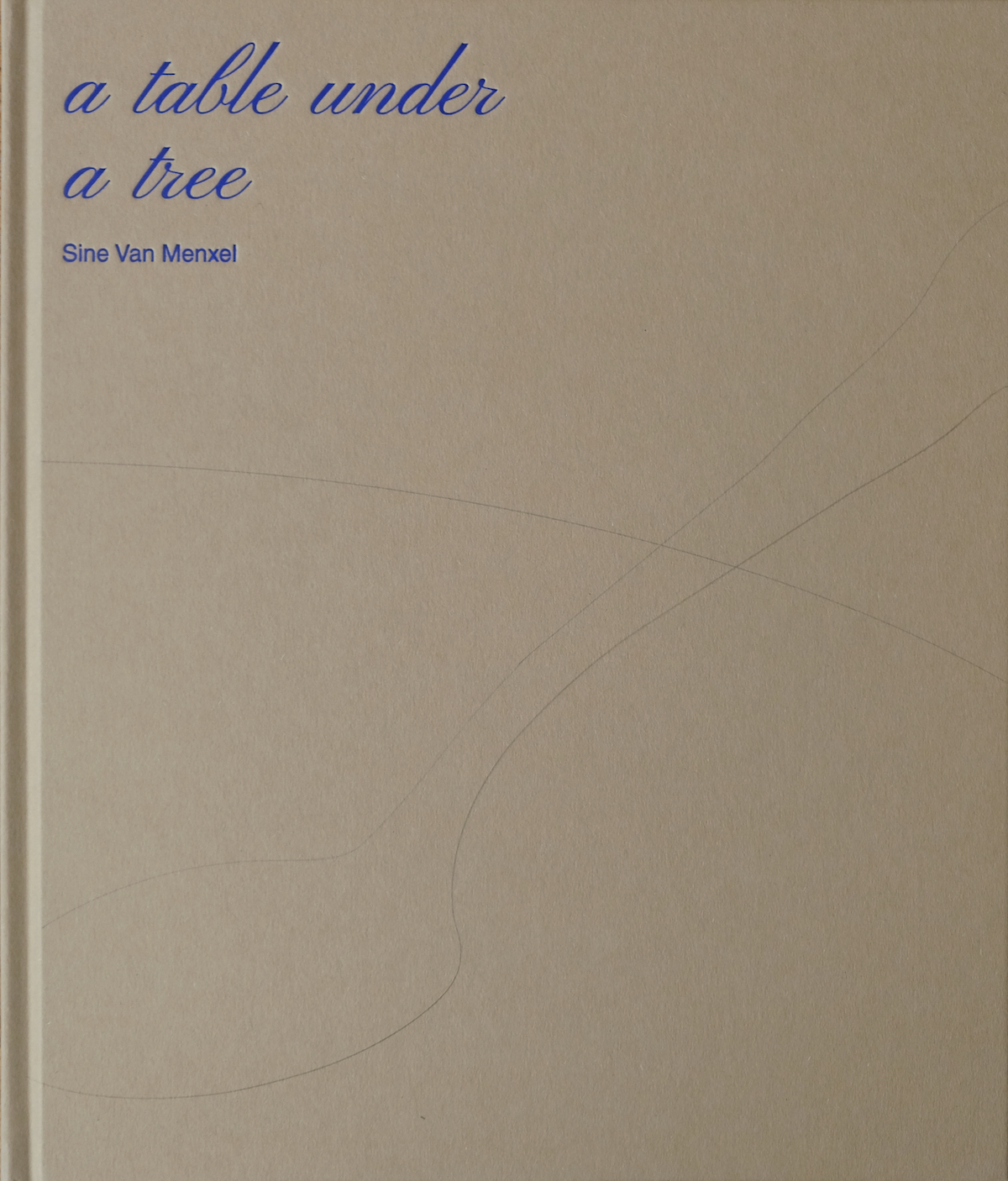
‘A table under a tree’ by Sine Van Menxel





